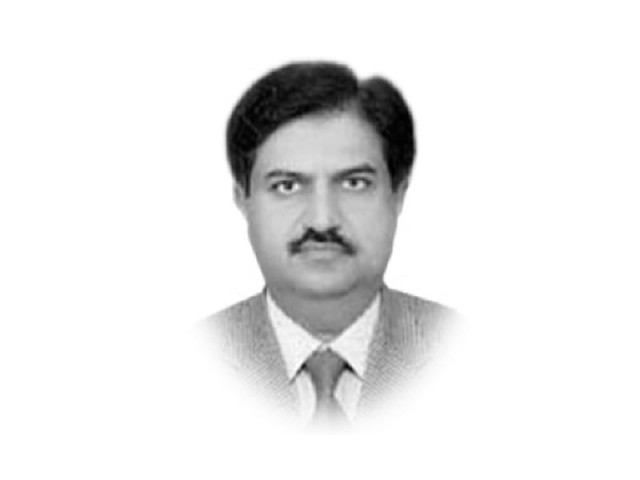Primary education in rural areas
The Sindh government has taken bold and innovative steps to improve the state of education in Sindh.

I asked a man, who was supervising the construction of his house near the school, what had happened. He said that the school had been non-functional for several years now. I asked him where the children go to school and he replied, “To another school at the end of the village.” I breathed a sigh of relief, but my optimism proved short-lived as I found that school had also closed. On further inquiry, I came to know, that although two teachers were posted in the school, it did not open regularly. During my visit, I saw boys and girls, of school-going age, wandering around or sitting in a street shack watching television. Schools are non-functional in rural areas, mostly, because the teachers are either not available or they are not willing to teach.
The Sindh government has taken very bold and innovative steps to improve the state of education in these areas. They have taken to providing direct funding to the school management committee for the improvement of schools and are also providing scholarships to girls to boost female enrolment. The provision of free textbooks is also a major step forward, which is a big cost on the provincial exchequer but provides relief to the poorest of the poor. But still, more bold steps are required and required urgently. This year the development strategy of the Sindh government also envisions a paradigm shift and proposes to establish comprehensive schools at the Union Council level and boarding schools at the district level. This would be a step in the right direction and implementing this vision and getting desired results will necessitate a consistent and urgent effort.
Published in The Express Tribune, May 21st, 2011.















COMMENTS
Comments are moderated and generally will be posted if they are on-topic and not abusive.
For more information, please see our Comments FAQ